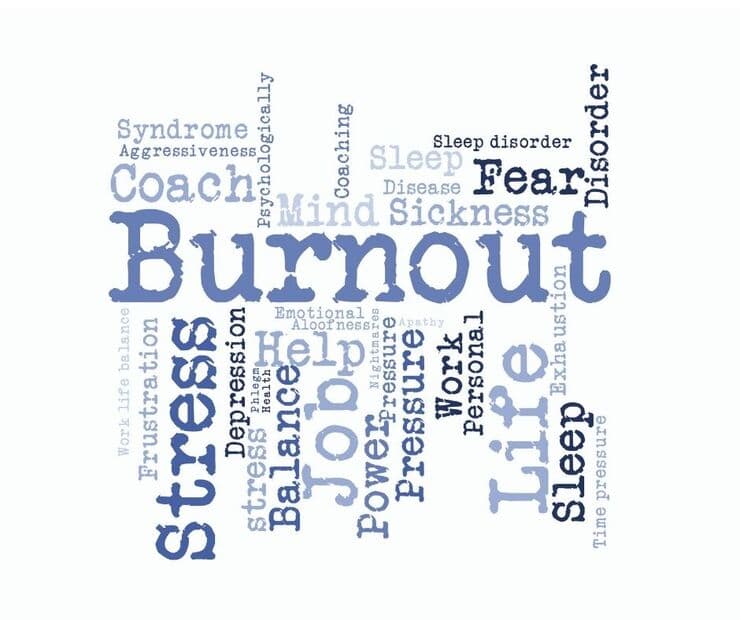
2020 and 2021 have put a strain on all of us and require resilience. Teachers, administrators, students, and parents have all faced numerous challenges. Growing trends changing the educational field include homeschooling, virtual, and hybrid learning. Getting accustomed to the new learning landscape has taken a toll on everyone. Adults and children can feel the negative impacts on their mental health. Teachers and homeschoolers have to look out for students and meet their needs. At the same time, teachers need to take care of themselves. This NEA (National Education Association) blog discusses the topic of The Great Resignation. We’ll give you tips on avoiding teacher burnout, which also helps homeschoolers.
Work-Life Balance
We’ve recently seen adjustments, including remote teaching or first-time homeschoolers. Whether you’re a teacher or a parent, you need to maintain your “other life.” You may feel like you’re playing catch up with your students or children and feel overwhelmed. Educators need to ensure adequate learning for kids. You might feel you need to make up for some lost time but can’t overdo it. Don’t try to cram lessons and overteach. You’ll burn yourself out along with students who have gone through enough recently. No matter how much you love teaching, you need to have a life outside the classroom. Naturally, adults want to be successful and enrich kids’ learning experiences. Tasks include lesson planning, grading, working with students, and educational procedures. You may be staying up until midnight preparing and waking up early in the morning. If planning a curriculum takes up your weekends, you’ll experience teacher burnout. Try and make time to get out and go to dinner or exercise during the week. Working out helps manage stress and keeps you feeling healthier. You can plan a short trip or get-together for the weekends. Even if you don’t want to venture out, take a break and read a book or watch a movie. It’s okay to step away and take a break from thinking about lesson plans. Also, be sure to stay connected to friends and family. Close relationships provide mental health benefits and can be fun.
Be Flexible and Adapt to Change
Change stretches everyone involved in education thin and lately has been constant. Due to continuous changes, teachers, parents, and students can suffer from burnout. Communication is a vital element in providing the best experience for everyone. Preparation is another essential key to handling transitions. Having transparency makes it easier for everyone to adapt. Also, make sure school administrators are involved. You need openness and information across the board to enhance learning. Working together and being aware of situations allows you to be more flexible. You can handle the new conditions and change with more grace when you’re not caught off guard. Always think about how all stakeholders will be affected and plan accordingly. Communicate with parents, students, and other teachers to explain why things are changing.
See Lessons and Opportunities in Everything
Getting stuck in a rut and doing the same routine day after day is a fast track to teacher burnout. Come up with fresh ideas to enhance students’ learning by reading and studying research. The book, Awakening Minds offers teachers insight to tap into their creativity. You can also learn new methods by collaborating with other teachers or parents. Actively attend conferences, brainstorming sessions, or other structured learning activities. Take on a leadership role by learning new skills and making new connections. The internet has many opportunities to meet other educators and develop new curricula.
Nurture Relationships with Peers
Connect with other teachers or homeschoolers to support and mentor each other. Nurturing relationships with peers makes everyone feel part of a team. Staying in the know and learning other educators’ methods will help prevent teacher burnout. You’ll be inspired and motivated once you see the bigger picture of how your work will make a difference. You’ll feel positive and confident about teaching, which your students will notice. Build new relationships regardless of grade level or subject area. You’ll gain insight into struggles and successes they’re having and won’t feel alone.
Have Light-hearted Fun
Having fun and incorporating humor during a school day prevents teacher burnout. Laughter is good for the heart and soul. It’s okay for you and the class to laugh during a lesson and enjoy yourselves. Your students will have a greater appreciation for you and look forward to learning. Everyone has bad days, and having light-hearted fun can brighten up anyone’s day. Creating and maintaining a pleasant learning environment benefits you and your students.
This blog is an update from an older Tipsheet.
